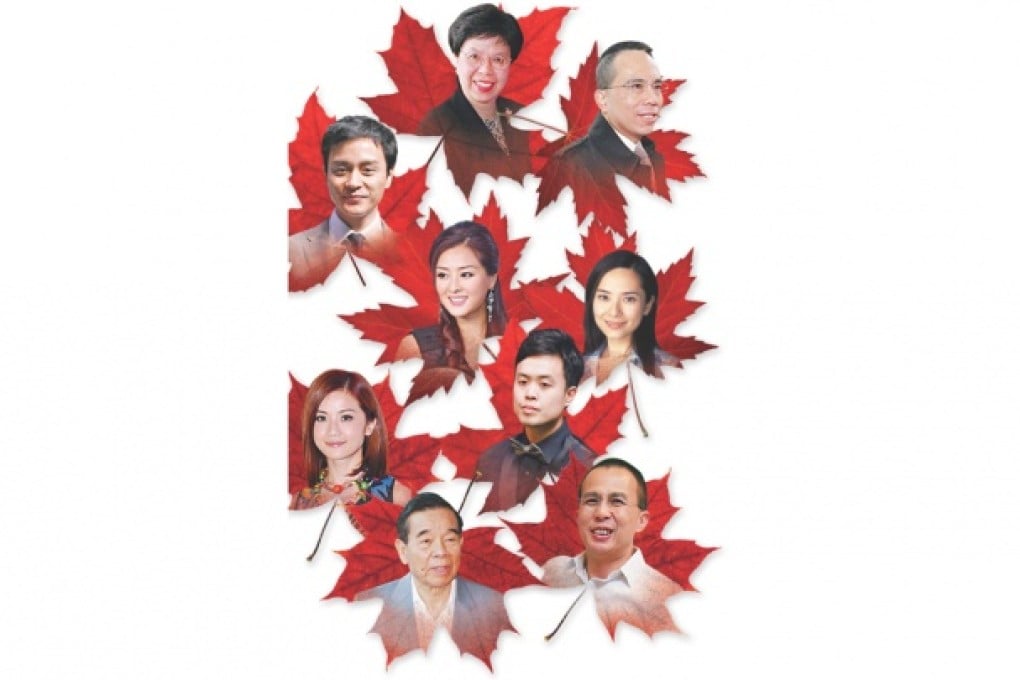From Hong Kong to Canada and back: the migrants who came home from home
For Hongkongers who migrated to the North American country and returned upwardly mobile, a sense of place is a thing of the past

Gilbert Li is as Canadian as maple syrup, poutine and his beloved Vancouver Canucks.
The 36-year-old IT specialist for a major bank even worked from home to watch the Canucks recent ill-fated run in the National Hockey League playoffs for the Stanley Cup. "Horrible," he says of the team's clean-sweep elimination by the San Jose Sharks this month.
He loves Vancouver's clean air and open spaces, and its food scene. His mother, relatives and some of his best friends live in the west coast Canadian city.
But for the past eight years, Li has called Hong Kong home. "I was always thinking it would be just a year or two," Li says of his 2004 return to his birthplace.
Li migrated to Canada with his family in 1983, but recrossed the Pacific to carve out a life in the SAR, drawn by a complex blend of opportunity, economics, personal ties and love.
It is no exaggeration to consider Hong Kong an extension of Canada in Asia. It is equally true for residents of Hong Kong to consider Canada their natural home in North America